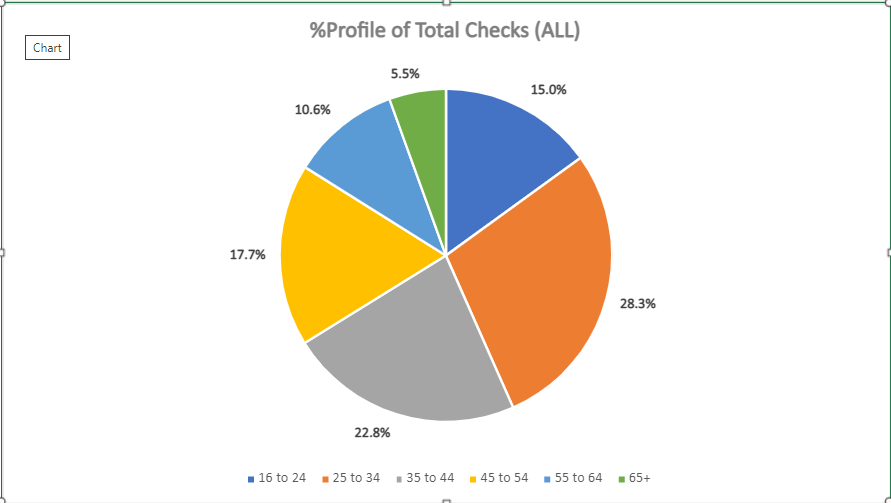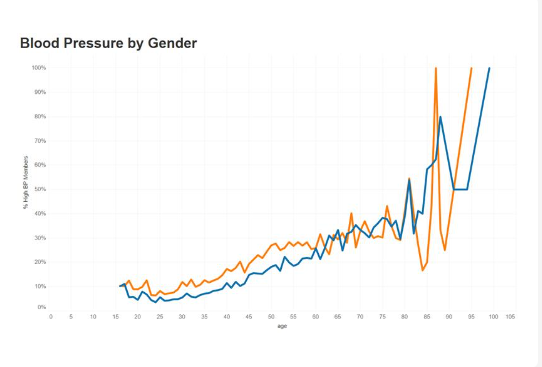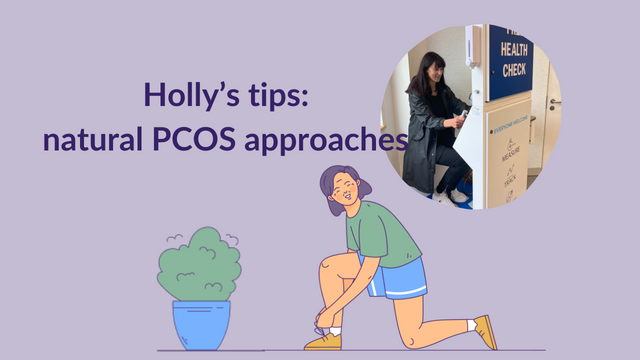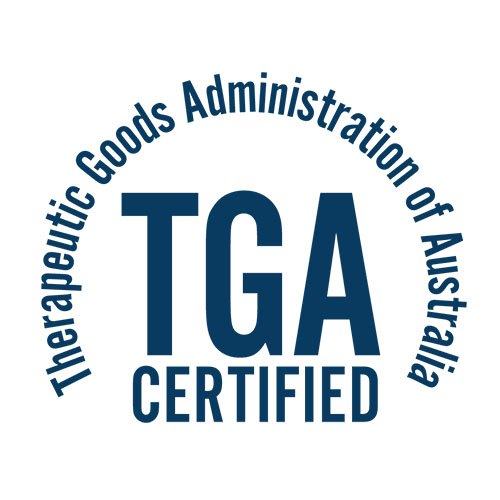Navigating Menopause: Empowering Women's Health
Team SiSU • 2023-10-10
🌸 World Menopausal Awareness Day 🌸 serves as a powerful reminder of the transformative journey women go through during menopause. At SiSU, we're proud to have played a part in supporting women on their journey to better health. Our health stations have played an important role in communities and the workplace with over 170,000 women completing health checks on the stations! Over 17% of these health checks were completed by women of menopausal age.
This natural transition significantly impacts cardiovascular health and interestingly, our findings show that females consistently have lower blood pressure than males until around the age of 60, (post-menopause) when they become quite similar alongside men. Making it crucial for women to be well-informed and proactive in managing their well-being.
In this post, we explore the intricate relationship between menopause and heart health, offering valuable insights and strategies to empower women on this journey.
Understanding The Menopause and Cardiovascular Health
This year, the theme is all about cardiovascular disease and with good reason, due to the changes in hormones and increased risks of heart-related issues, the menopause has wide-ranging impacts on cardiovascular health. Understanding these changes and taking proactive steps can empower women to manage menopausal symptoms and support cardiovascular health:
1. Supporting Hormonal Changes: Embracing Phytoestrogens
Oestrogen has a protective effect on the cardiovascular system, it helps maintain healthy blood vessel function and keeps arteries flexible. As women transition into menopause, their oestrogen levels decrease. To Counter this, incorporating phytoestrogen rich foods like flaxseeds, broccoli sprouts, sesame seeds and red clover can mimic oestrogen’s effects.
2. Managing Blood pressure: Harnessing the power of Seaweed
Women can experience an increase in blood pressure during and after menopause which is likely due to the reduced vasodilatory effect of oestrogen, which means that blood vessels may not relax as effectively, causing an increase in blood pressure. Seaweed, abundant in magnesium, aids in lowering blood pressure by preventing blood vessel constriction, as well as being a powerhouse superfood containing a highly concentrated source of nutrients, source of omega 3 fats and a range of amino acids, so could be a great addition to your diet in moderation. Including further magnesium-rich foods like green leafy vegetables and almonds further supports heart health.
There are of course lots of other lifestyle and dietary changes that can help to lower blood pressure such as managing stress, reducing table salt intake, minimizing alcohol consumption, exercise, increasing fibre intake, and incorporating foods such as turmeric (cardio protective), Garlic (due to the allicin it contains) and celery juice (very high in potassium and can lessen the effect of sodium)
3. Balancing Cholesterol Levels
Menopause can also be associated with elevated LDL cholesterol, which is often referred to as the “bad cholesterol”. Elevated LDL cholesterol is a risk factor for cardiovascular disease.
- Vitamin B3, found in mushrooms, salmon, and green leafy vegetables, helps lower LDL cholesterol and promotes vasodilation.
Folate (Vitamin B9), found in dark green leafy vegetables, and Vitamin B12, abundant in meat, salmon, eggs, and nutritional yeast, are essential for metabolizing homocysteine, an amino acid compound produced in the body. Insufficient intake of these vitamins can hinder the effective breakdown of homocysteine, potentially leading to arterial wall damage when homocysteine levels become excessive.
4. Addressing Menopausal Symptoms and Sleep
Hot flushes and night sweats are common menopausal symptoms and can impact sleep quality and indirectly affect heart health. Prioritize 7-9 hours of restful sleep, including magnesium-rich foods (avocado, green leafy vegetables, pumpkin seeds) may help as Magnesium is not only needed in the production of melatonin (a hormone that puts you in a state of quiet and therefore promotes sleep and also regulates your circadian rhythm) it also helps regulate hundreds of body systems, including blood pressure, blood sugar, and helps blood vessels relax.
5. Weight Management and Bone Health
Many women may experience weight gain during menopause, and maintaining a healthy weight is crucial for heart health and overall wellbeing. Physical activity not only helps with weight management but also boosts mood and heart health. Consider weight-bearing exercises like running which is a particularly excellent choice as this type of exercise offers added support for bone health. Maintaining bone density becomes crucial during and after menopause primarily due to the decline in oestrogen which drives the development of bone. A diet rich in calcium and vitamin D which enhances calcium absorption, will further contribute to the overall health of bones.
Furthermore, when considering weight gain, we could look to the superfood, Wheatgrass, not only full of antioxidants and immune boasting, but it also stimulates a hormone that signals fullness to the brain and promotes blood glucose balance, aiding in weight management.
6. Managing Metabolic Changes
Menopause often brings changes in glucose metabolism, which may lead to insulin resistance in some women, thereby increasing the risk of type 2 diabetes. To support better blood glucose control, consider incorporating seaweed and the superfood spirulina into your diet. Spirulina has also shown potential in reducing LDL cholesterol and increasing HDL cholesterol levels.
It's equally important to maintain stable blood pressure to alleviate hot flushes. Be mindful of your carbohydrate and sugar intake, as overconsumption can result in dramatic blood sugar spikes followed by steep drops. Moreover, it's advisable to limit the consumption of caffeine, alcohol, and spicy foods, as these can exacerbate the frequency and intensity of hot flushes."
While these changes are common during menopause, it's important to note that not all women will experience them in the same way or to the same extent. The impact on cardiovascular health can vary from person to person. It underscores the importance of monitoring cardiovascular risk factors, adopting a heart-healthy lifestyle, and consulting with healthcare professionals to manage the changes that may occur during and after menopause. Regular exercise, a balanced diet, stress management, and regular health checks are all essential components of maintaining good cardiovascular health during this life stage.
See More Posts
SiSU Health UK
Copyright © 2023 SiSU Health Group.
All rights reserved.








